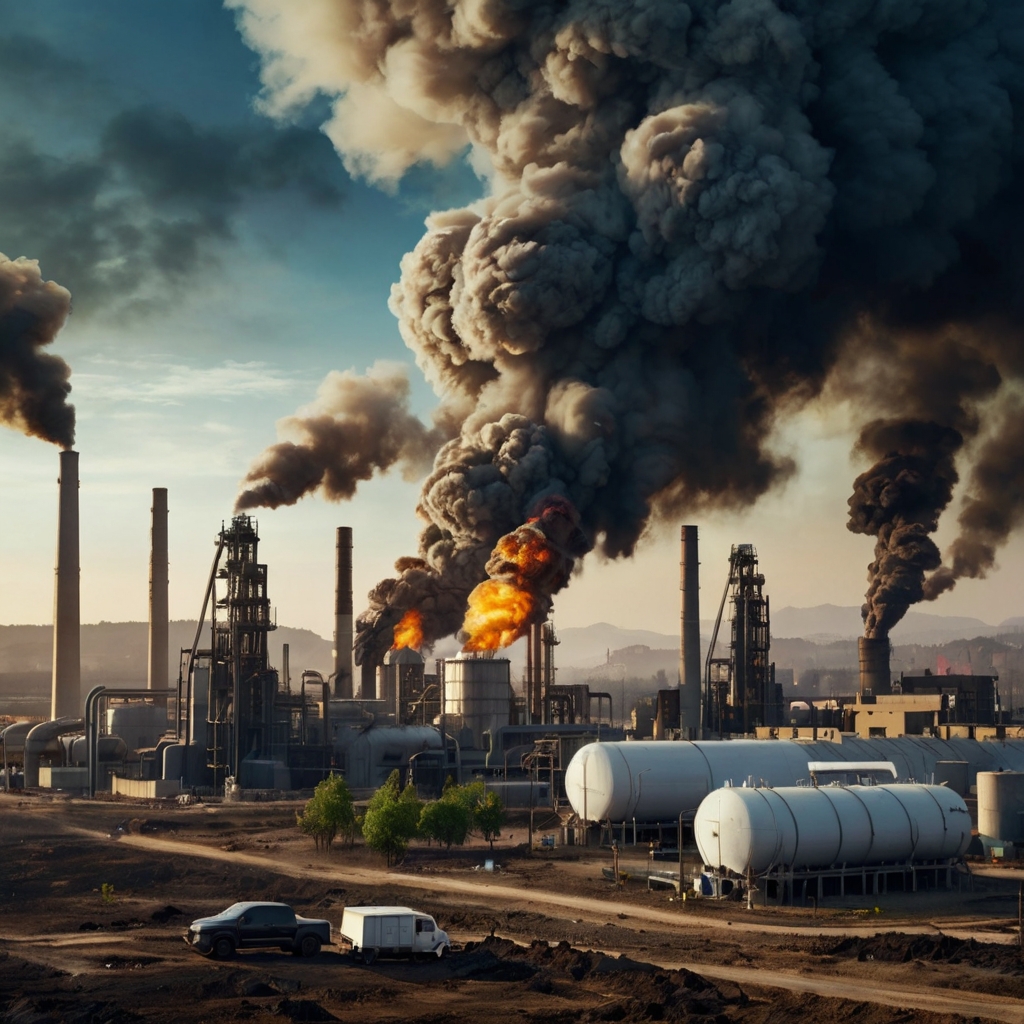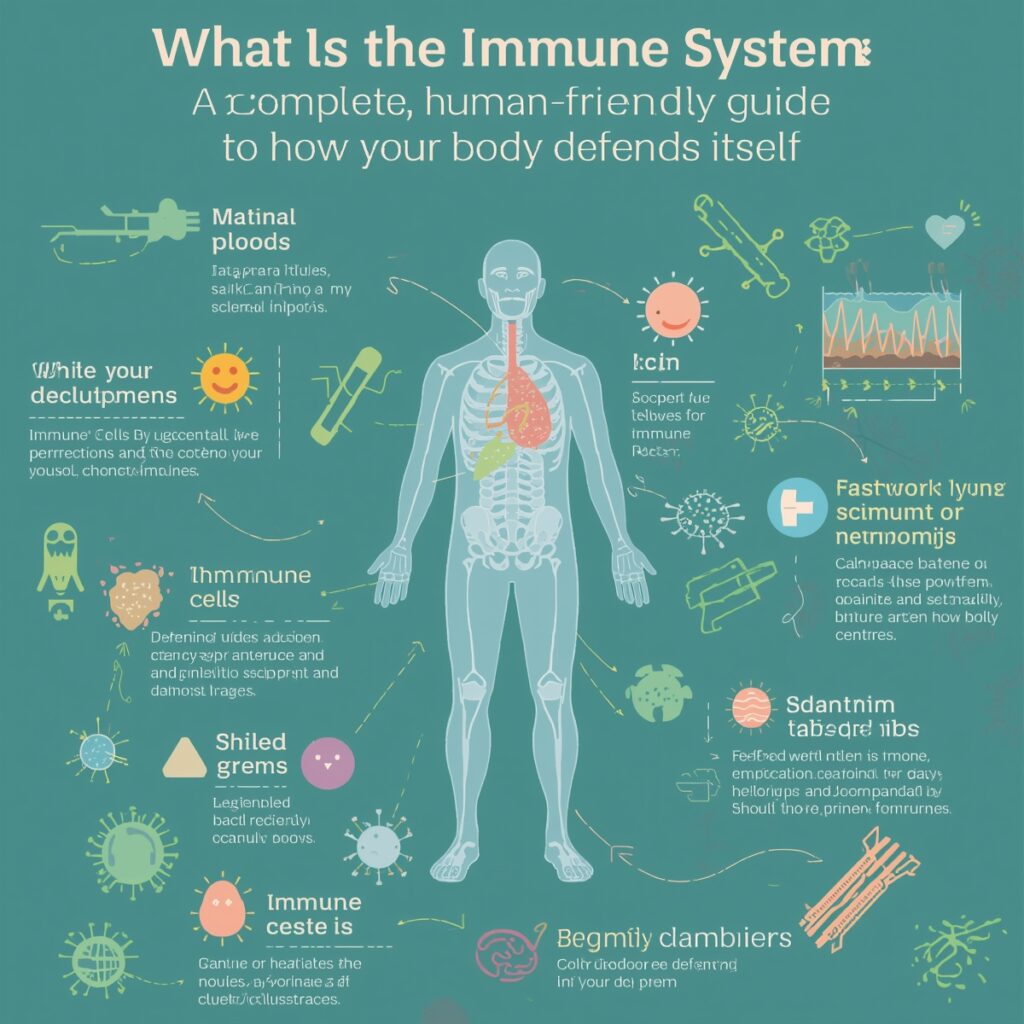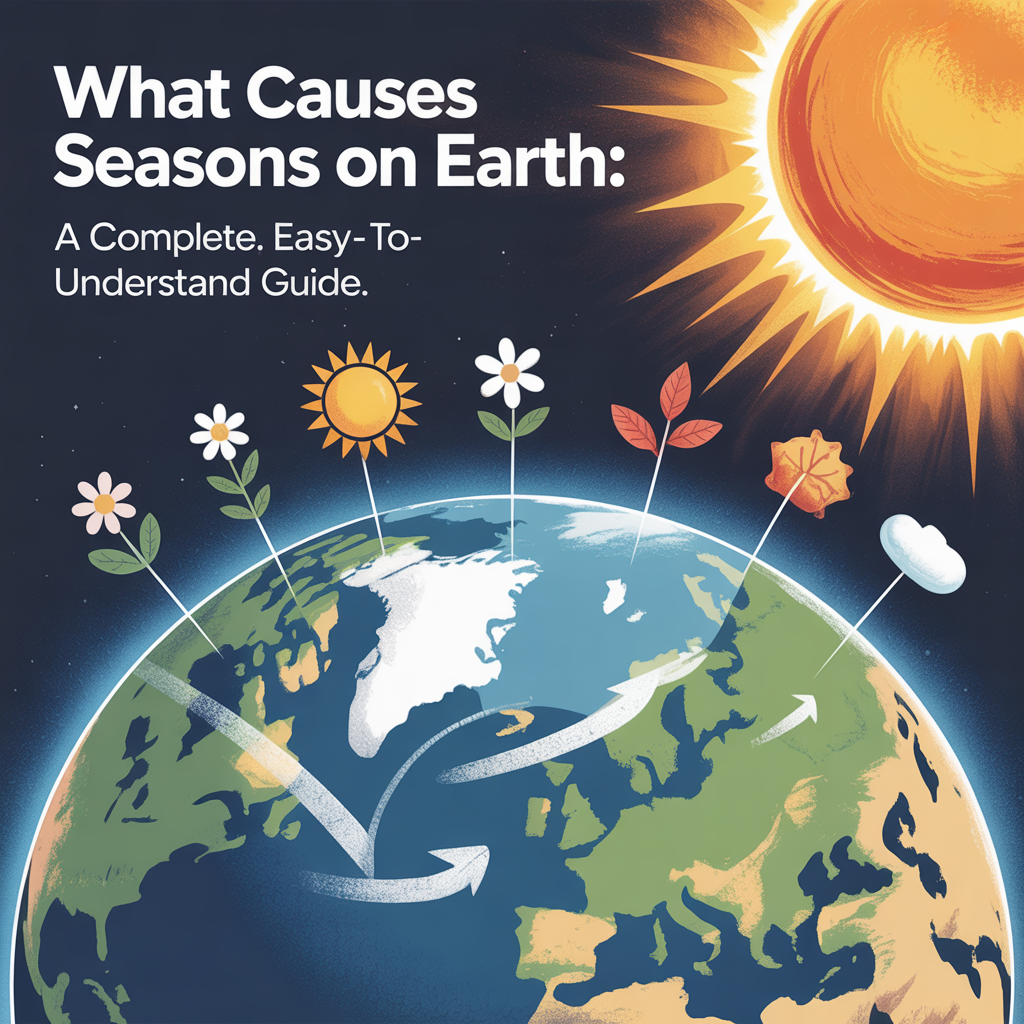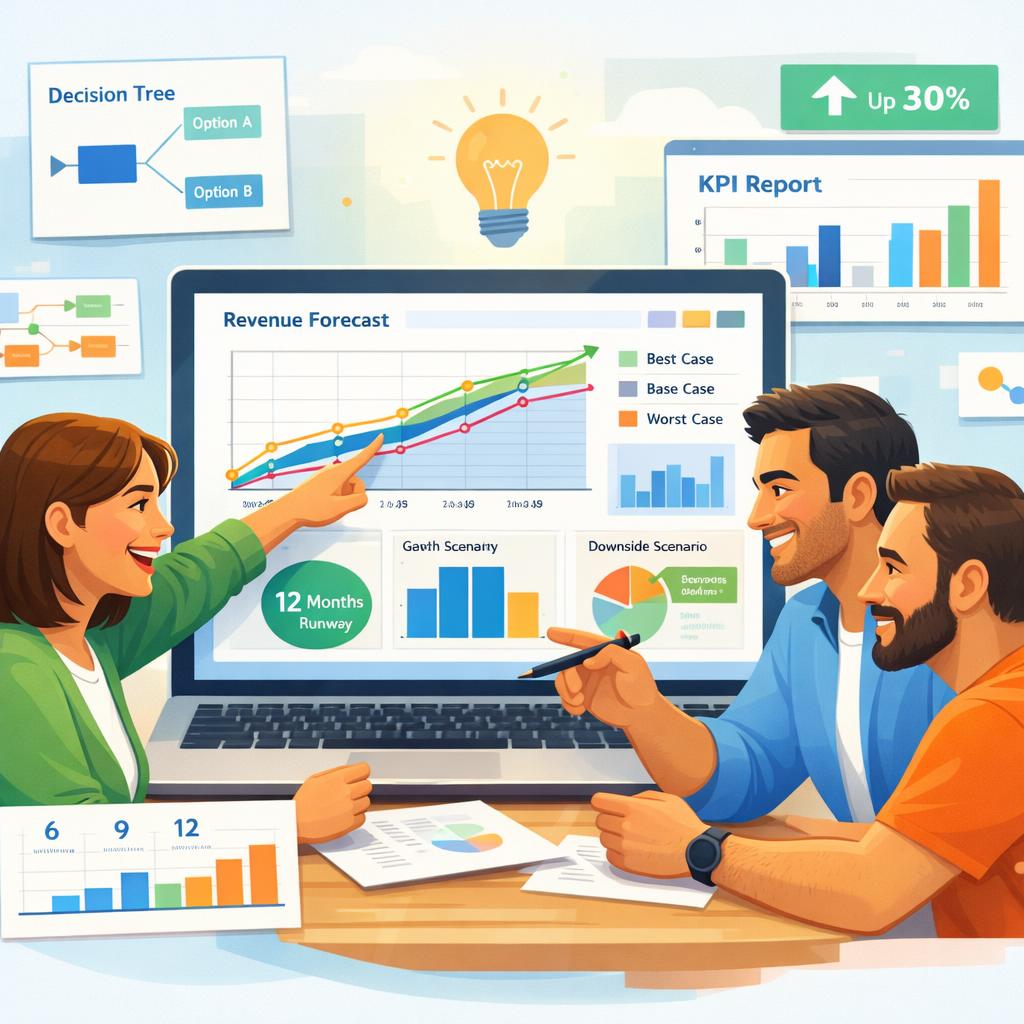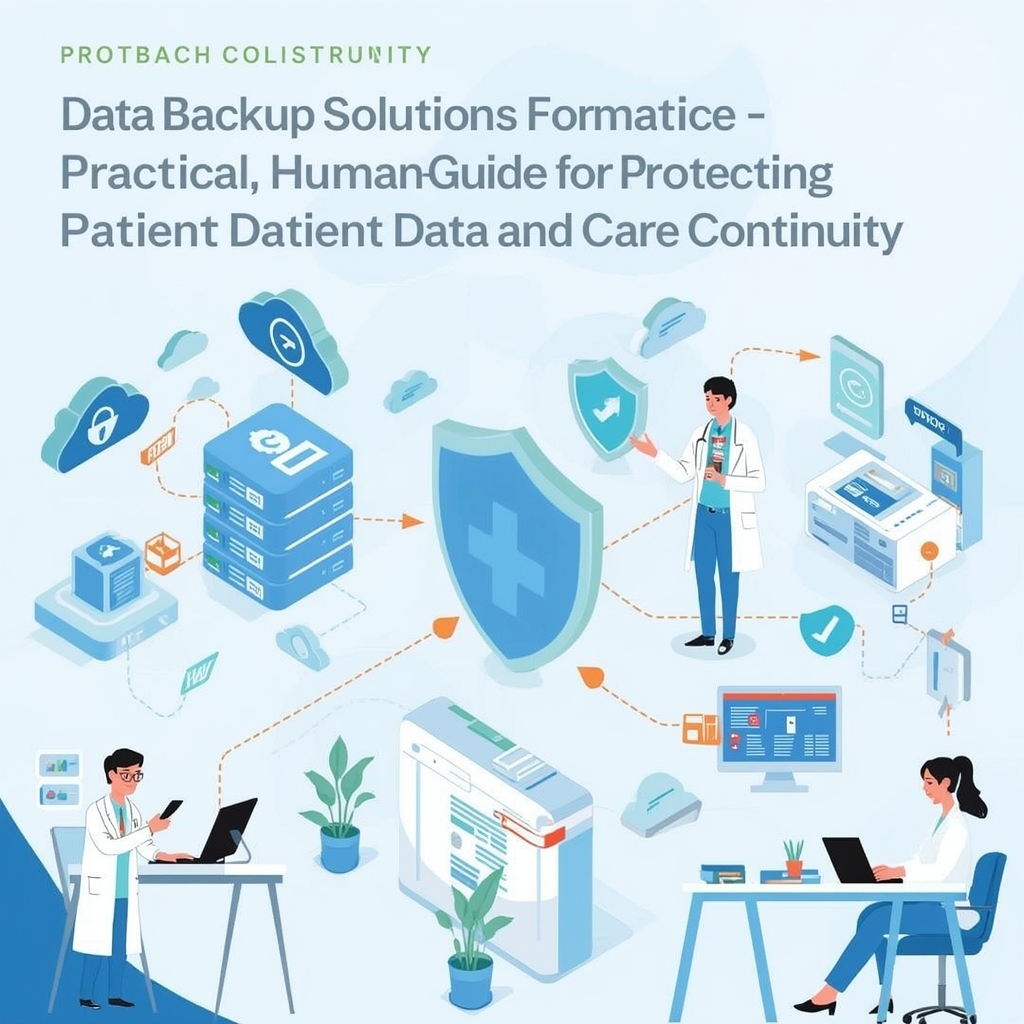What Causes Global Warming and What Can Be Done?
Global warming is no longer a distant threat—it’s happening now, affecting lives, ecosystems, and economies worldwide. Understanding what causes global warming is the first step toward fighting it. From carbon emissions to deforestation, human activities play a significant role. But there is hope. With the right knowledge and action, we can slow the effects and work toward a healthier planet.
The Role of Greenhouse Gases
At the heart of global warming are greenhouse gases, including carbon dioxide (CO₂), methane (CH₄), and nitrous oxide (N₂O). These gases naturally exist in our atmosphere and help keep Earth warm. But over the last century, human activities—especially the burning of fossil fuels—have caused these gases to skyrocket.
When we drive cars, generate electricity from coal, or fly planes, we release CO₂. Methane escapes from livestock farming and landfills, while N₂O is mostly linked to agriculture and industrial processes. These emissions trap heat in the atmosphere, intensifying the greenhouse effect and causing global temperatures to rise.
Human Activities That Accelerate Global Warming
Modern life is filled with conveniences that, unfortunately, come at an environmental cost. Here are a few major contributors to global warming:
-
Burning fossil fuels: Cars, factories, and power plants are among the top sources of CO₂ emissions.
-
Deforestation: Trees absorb CO₂, so cutting them down on a large scale reduces our planet’s ability to “breathe.”
-
Industrial agriculture: Producing meat and dairy releases large amounts of methane.
-
Waste: Landfills and improper waste management contribute to greenhouse gas buildup.
Even the way we shop, eat, and travel has a carbon footprint. Every product requires energy to produce, package, and transport, and that energy often comes from fossil fuels.
How Global Warming Affects the Earth
Global warming doesn’t just mean warmer days. Its effects are wide-reaching and severe:
-
Melting polar ice caps and glaciers, causing rising sea levels.
-
Stronger and more frequent natural disasters, such as hurricanes, droughts, and wildfires.
-
Loss of biodiversity, as animals struggle to adapt to rapid climate shifts.
-
Threats to agriculture, making food production less predictable.
-
Public health concerns, including the spread of disease and heat-related illnesses.
As global temperatures rise, even by a few degrees, these effects grow stronger and harder to reverse.
Solutions to Global Warming
The good news? We are not powerless. While reversing the damage won’t happen overnight, there are steps we can all take to make a meaningful difference.
Shift to renewable energy
Replacing coal, oil, and gas with solar, wind, and hydroelectric energy reduces our carbon footprint significantly. Many U.S. cities are investing in renewable infrastructure—and you can too by choosing a green energy plan for your home.
Improve energy efficiency
From energy-efficient appliances to better insulation in buildings, small upgrades can lead to big savings in both energy and emissions.
Drive less, walk more
Public transport, biking, carpooling, and electric vehicles are all great ways to reduce emissions from personal transportation.
Eat sustainably
Eating less red meat, supporting local farms, and reducing food waste can lower methane emissions from agriculture.
Support policies and innovation
Vote for leaders who prioritize climate action, support businesses that use eco-friendly practices, and encourage innovation in green technology.
What You Can Do Right Now
You don’t need to be a scientist or activist to fight global warming. Every action, no matter how small, adds up:
-
Use LED bulbs and unplug devices when not in use.
-
Cut down on single-use plastics.
-
Recycle responsibly.
-
Educate others—share what you know.
-
Support reforestation efforts and plant trees.
What causes global warming is complex, but the solutions can start with simple lifestyle changes.
Why Action Matters Today
We are at a tipping point. Delaying action means facing more severe consequences in the future—higher costs, more displacement, and irreversible damage. Acting today helps protect not only the environment but also future generations.
As experts in climate science emphasize, the time to act is now. Every choice we make, every vote we cast, and every conversation we have can move us closer to a sustainable world.
Final Thoughts
What causes global warming is largely human activity—but that also means we have the power to fix it. Through awareness, smarter habits, and stronger policies, we can fight back against climate change. The Earth has given us so much—it’s time we give back.

